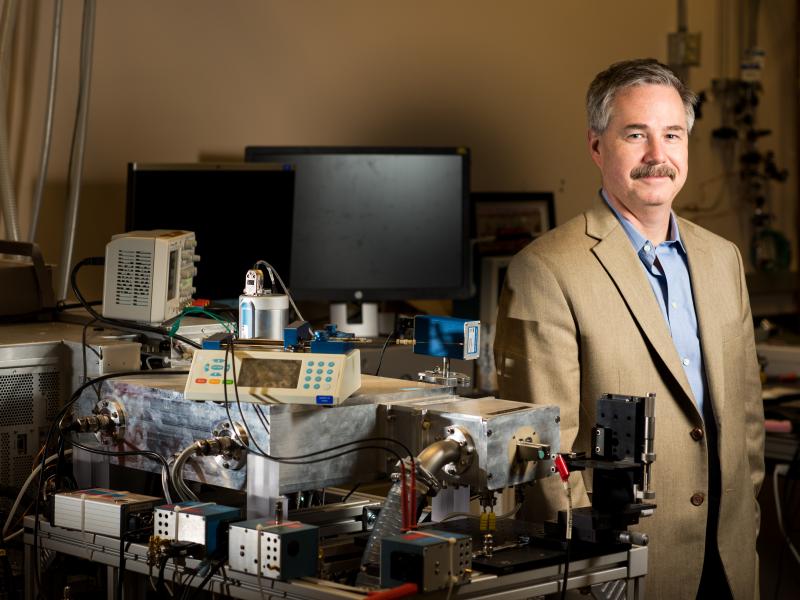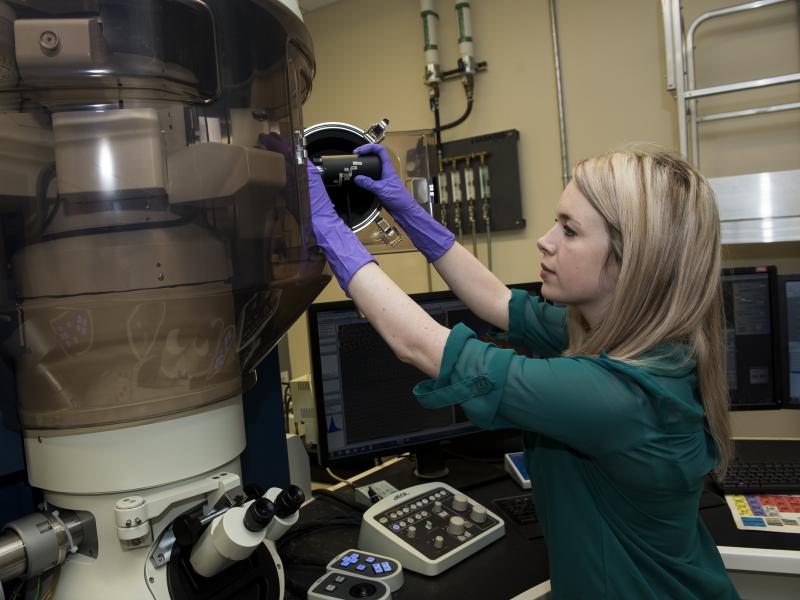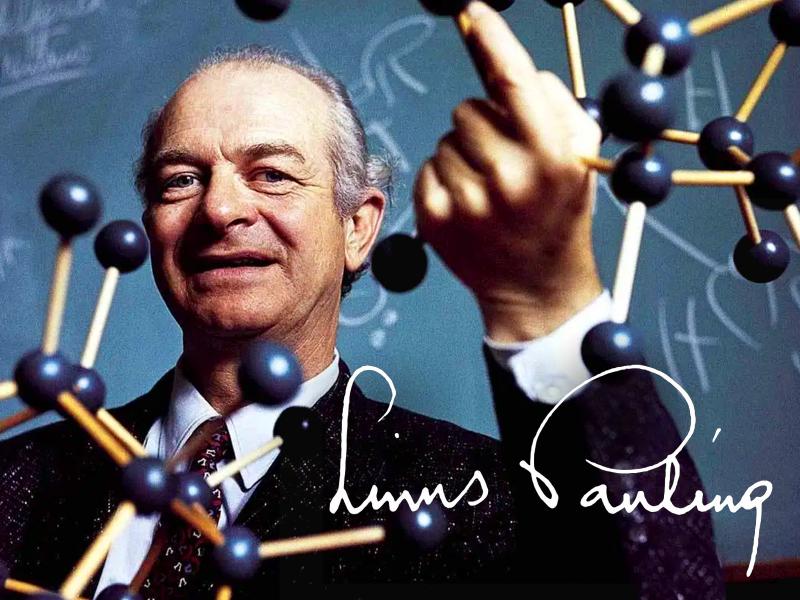Education
Education
The world’s most challenging and compelling scientific problems are bigger than any single organization and require collaboration to solve. PNNL’s partnerships with universities are critical to the lab’s success and benefit academic institutions around the globe.
Academic partnerships allow PNNL to tap unique resources and expertise, and cultivate the next generation of thought leaders. At the same time, universities gain access to top-flight expertise and instruments at the laboratory. PNNL is committed to collaborating with the best academic institutions and uses a variety of vehicles to facilitate research partnerships with them.
Joint Appointments
Flexible joint appointments allow scientists and engineers at PNNL and other institutions to collaborate with fellow experts in other laboratories. And scientists based in the academic world benefit from exposure to the unique resources of a national laboratory, often carrying knowledge of PNNL capabilities back to their home institutions. PNNL's joint appointment program includes more than 160 researchers from over 40 university and non-profit research institutions in the United States and abroad.
Internships
Internships
Distinguished Graduate Research Programs
PNNL works with several universities to select and develop cohorts of doctoral students in science, technology, engineering, and mathematics (STEM) fields. Each year, approximately 20 doctoral students from Washington State University (WSU), Oregon State University (OSU), and the University of Washington (UW) are paired with PNNL researchers to work on projects aligned with DOE missions.
Linus Pauling Distinguished Postdoctoral Fellowship
PNNL's Linus Pauling Distinguished Postdoctoral Fellowship is designed for the next generation of scientists and engineers who will push the boundaries of science to world-recognized discoveries.


